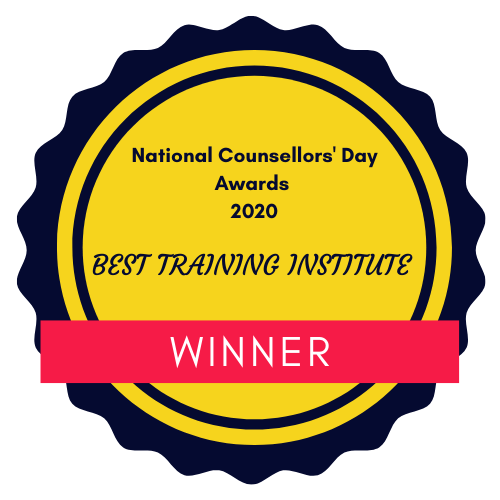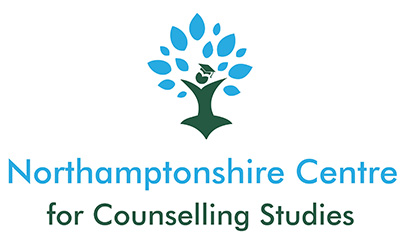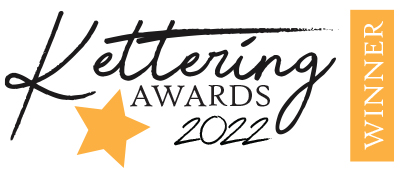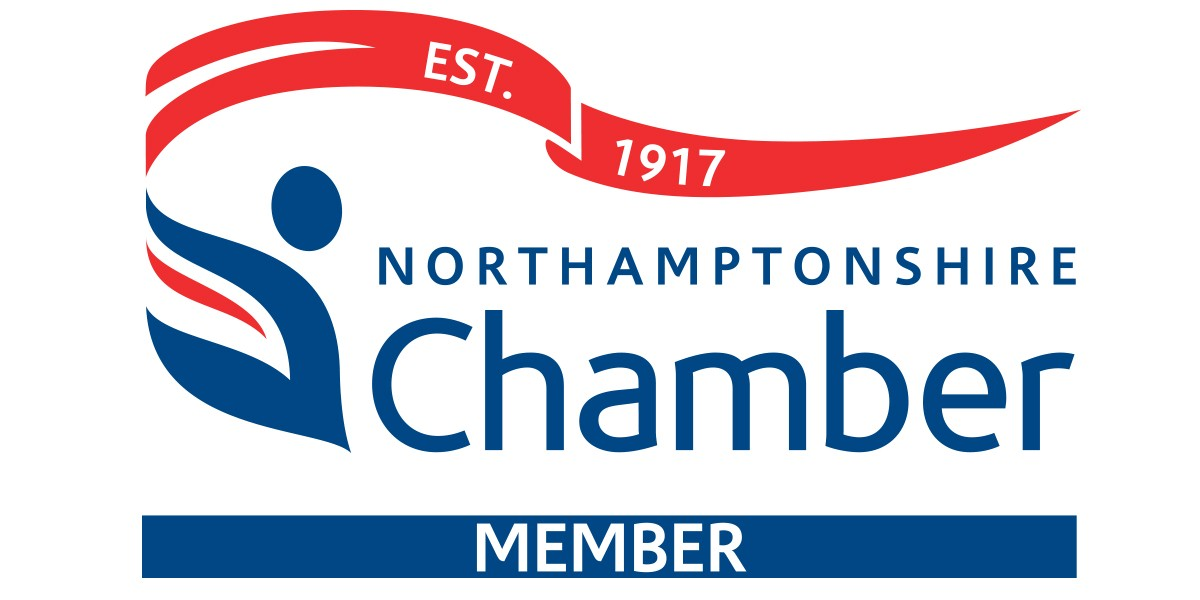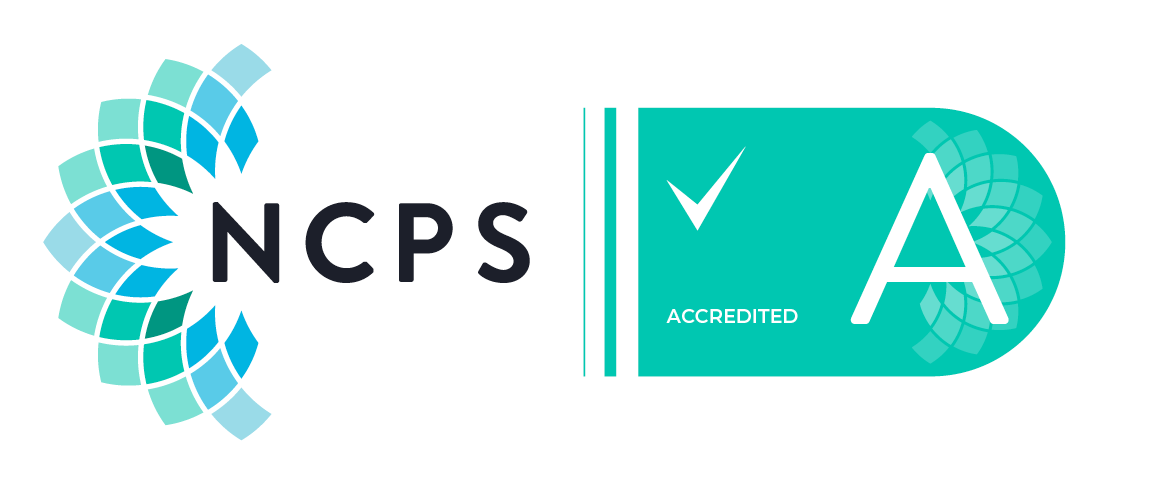Becoming a counsellor
I want to be a counsellor - where do I start?
You may have decided that you wish to become a counsellor but have found it difficult to understand where to start. There is a reason for this. It is because the title of 'counsellor' is not protected by Law in the UK as counselling is not a regulated profession. Therefore, there is no official training route and many people out there are practicing as counsellors without any qualifications (which NCCS wholeheartedly does not support).
However, there are recognised benchmarks for counselling training set by recognised UK counselling professional bodies such as the National Counselling Society (NCS) and British Association for Counsellors and Psychotherapists (BACP). The current absolute minimum qualification requirement to join one of these professional bodies is a Level 4 Diploma in Counselling (or equivalent) with some professional bodies requiring higher level qualifications.
In 2012, the Professional Standards Authority (PSA) introduced a system of ‘Accredited Voluntary Registers’ with the role of these being the provision of 'approved' registers that the public and employers can be confident that the counsellors on the register have met the necessary standards for safe practice.
The best place to begin is to find a training programme that provides a substantive amount of training eventually resulting in the undertaking of a supervised counselling placement (this is usually at minimum of Level 4 Diploma [or equivalent] or higher). Those who have completed this level of training are deemed to be 'qualified' and can apply for membership to be put on the PSA Register.
NCCS provides a comprehensive training progression route to gain this membership.
Should I be looking for an accredited course diploma course?
At NCCS we offer a Level 4 Diploma in Therapeutic Studies course that is fully accredited by the National Counselling and Psychotherapy Society (NCPS). This means that our course has been through a rigorous quality assurance process where NCPS have assessed us as offering courses that have high standards in relation to the counselling curriculum and high quality teaching.
Accredited courses also provide:
![]() Professional Recognition: Enhances your credibility and employability in the counselling and psychotherapy field after completing your core training
Professional Recognition: Enhances your credibility and employability in the counselling and psychotherapy field after completing your core training
![]() Regulatory Compliance: Courses meet professional and ethical standards, ensuring adherence to guidelines and ongoing development
Regulatory Compliance: Courses meet professional and ethical standards, ensuring adherence to guidelines and ongoing development
![]() Student Protection: Be assured of a reputable and valuable education, avoiding substandard programs
Student Protection: Be assured of a reputable and valuable education, avoiding substandard programs
![]() Access to Professional Membership: Graduates can join professional bodies, gaining access to resources, networking, and support
Access to Professional Membership: Graduates can join professional bodies, gaining access to resources, networking, and support
![]() Enhancing Professional Standards: Contribute to maintaining and improving industry standards, ensuring well-trained and competent practitioners
Enhancing Professional Standards: Contribute to maintaining and improving industry standards, ensuring well-trained and competent practitioners
NCPS accreditation means you're choosing a course that supports your success and the integrity of the profession.
What is the progression route to becoming a qualified counsellor at NCCS?
NCCS is an approved provider of CPCAB counselling courses. CPCAB are the UK's leading specialist awarding body for counselling. To become a 'qualified' counsellor (recognised by counselling membership bodies - see above) via the CPCAB course progression route you will be required to undertake the following as a minimum: -
- Level 2 Certificate in Counselling Studies (CSK-L2) - 90 guided learning hours (GLH) completed in a classroom environment or synchronous (live) online teaching PLUS;
- Level 3 Certificate in Counselling Studies (CST-L3) - 90 GLH in a classroom environment or synchronous (live) online teaching PLUS;
- Level 4 Diploma in Therapeutic Counselling (TC-L4) - 420 GLH completed in a classroom or 75% in the classroom and 25% synchronous (live) online teaching. Fully accredited with the National Counselling and Psychotherapy Society
If you have already gained counselling skills and theory qualifications with another awarding body, NCCS will look at the number of of GLH undertaken in a classroom and what the course comprised of in relation to the learning of theory and practical skills practice and compare it to what would have been studied had you undertaken a CPCAB course.
To start at Level 3, potential students will have completed an equivalent skills practice course that comprises of a minimum of 90 GLH and to start at Level 4 students will have completed equivalent skills and theory courses comprising of at least 180 GLH.
If you are unsure whether this relates to you then please contact NCCS to discuss.
Distance learning courses that don't involve live synchronous teaching and regular practice skills assessments will not be accepted as recognised prior learning.
Over the duration of the Covid-19 pandemic, NCCS had permission to teach courses online. The success of this in many training centres has prompted the CPCAB and professional membership bodies to reconsider the way that centres are allowed to offer courses in the future. A framework has been established and training centres have had to apply and gain approval to continue to teach courses online. The main stipulation of online learning is that the teaching is synchronous i.e. live teaching using an online platform such as Zoom. NCCS has gained this approval and will be offering online training courses in the future. Should you apply for courses at NCCS and would like consideration to be given to recognised prior learning (RPL), if the course has been undertaken online, this must have been a synchronous course rather than a distance learning course that didn't include the sufficient number of hours of live teaching.
Psychology degrees alone DO NOT count as recognised prior learning (see FAQ section)
